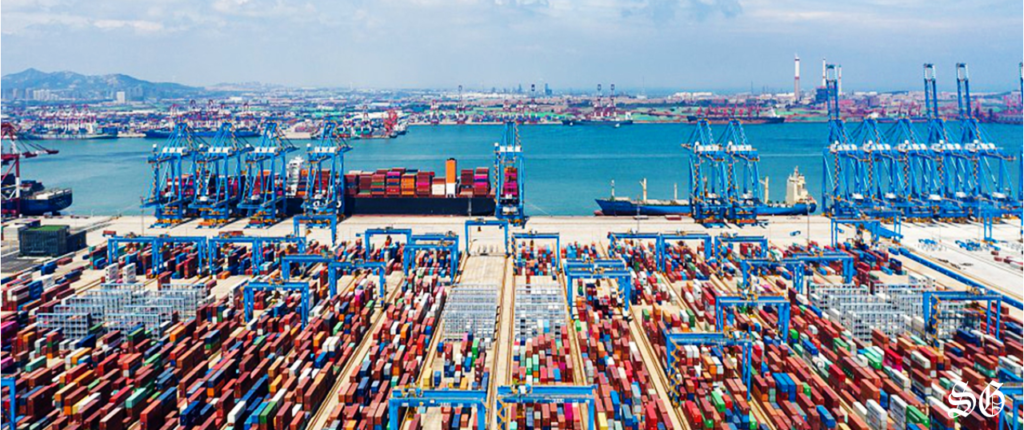Table of Contents

China to Cut Import Tariffs on Key Goods to Boost Trade and Sustainable Development
China will implement significant reductions in import tariffs on various goods. This decision is part of the country’s broader strategy to increase imports of high-quality products, support green development, and promote domestic demand. The Ministry of Finance’s announcement outlines the key changes to tariff categories.
Focus on Green and Low-Carbon Development
Tariffs will be reduced on ethane and certain recycled copper and aluminum raw materials. These changes are aimed at supporting China’s push towards a more sustainable and low-carbon economy.
Encouraging Advanced Healthcare and Innovation
Reduced Tariffs on Medical and Biotechnological Products. Key items such as sodium zirconium cyclosilicate, used for medical treatments, and viral vectors for CAR-T therapy, a groundbreaking cancer treatment, will see tariff cuts. Additionally, nickel-titanium alloy wires for surgical implants will also benefit from lower tariffs.
Supporting Industrial and Automotive Sectors
Certain industrial materials like cyclic olefin polymers and ethylene-vinyl alcohol copolymers, which are important for advanced manufacturing, will see reduced tariffs.Tariffs on automatic transmissions for special-purpose vehicles, including fire trucks and repair vehicles, will also be reduced.

Rising Tariffs on Specific Commodities
The government will increase tariffs on certain items such as molasses and sugar-containing pre-mixed powders. This move may reflect shifts in domestic policy or market needs.
Trade Agreements and International Partnerships
The China-Maldives Free Trade Agreement will come into effect on January 1, 2025. This agreement will facilitate tariff reductions between the two nations, further strengthening bilateral trade ties.
Provisional Tariff Adjustment
In total, provisional import tariffs below most-favoured-nation (MFN) rates will apply to 935 items, as part of broader efforts to enhance trade and economic openness.These tariff adjustments reflect China’s ongoing efforts to stimulate its economy by aligning with international trade standards, fostering innovation, and encouraging sustainable practices.